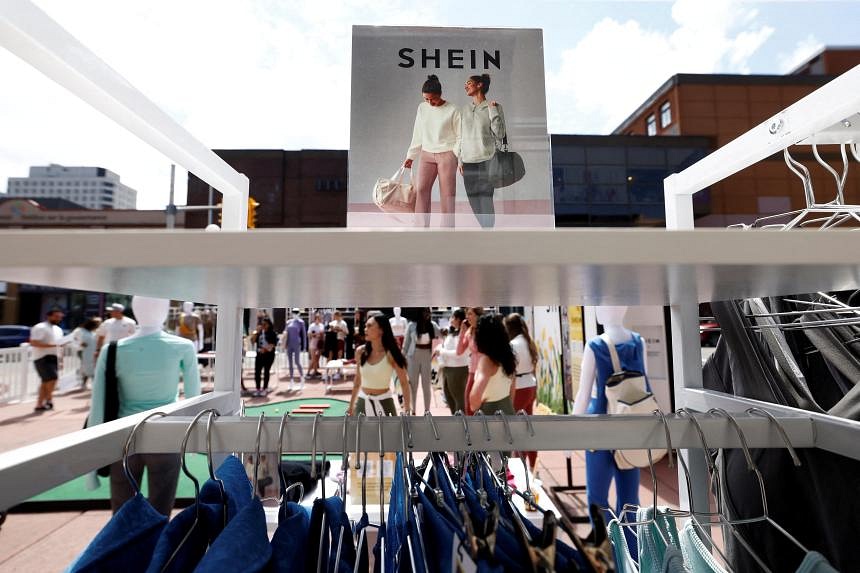

Loop Linen Service, a fourth-generation family-owned textile rental company, plans to invest $15 million to build a new 55,000-square-foot commercial laundry facility in Jefferson Parish. The company, founded in 1929, offers rental textiles for the food and beverage and hospitality industries. The new facility will retain all 125 current jobs and is expected to result in 48 new indirect jobs. Loop Linen Service has secured property at the intersection of U.S. 90 and Louisiana 18 and construction is expected to begin in early 2025.
U.S. textile giant Charles Komar & Sons plans to invest $25 million to establish an apparel factory in Togo. The factory will be operated by its Sri Lankan subsidiary, Star Garments Group, and will produce ready-to-wear garments for export. The project is expected to create 2,000 formal manufacturing jobs, mainly for women, and generate additional indirect employment opportunities. Charles Komar & Sons is also supporting the deployment of the Industrial Platform of Adetikope (PIA) in Togo through its management company ARISE IIP. Togo has made significant efforts to improve its business climate and has seen improvements in various indicators of the Doing Business index, including enforcing contracts, construction permits, access to electricity and water, property registration, and public procurement. The country has also implemented reforms to create an attractive tax framework for investors and economic operators.
LR Deputy for Loire Antoine Vermorel-Marques uses TikTok to denounce fast fashion and the ultra-fast renewal of clothing lines practiced by some brands. In a video posted on February 12, Vermorel-Marques pretends to unpack an order from the Chinese brand Sheen and comments on the products received, highlighting issues such as the use of phthalates and the environmental impact of importing products by plane. He also mocks a TikTok influencer, iamm_mae.e, and introduces a proposed law to create a bonus-malus system for fast fashion. The bill was introduced on February 13 and will be discussed during March's Transparency Week at the National Assembly. Companies offering more than a thousand new items per day will face restrictions and fines, while those respecting the environment will receive bonuses. Vermorel-Marques sees the issue as addressing reindustrialization and ecological compromise.
In an opinion piece titled 'How to fix fast fashion' published in The Straits Times, Rana Foroohar discusses the negative impact of fast fashion on the environment and workers in developing countries. Foroohar highlights the issue of fast fashion companies outsourcing production to countries with lower labor costs and environmental standards, resulting in the exploitation of workers and the degradation of the environment. The article mentions a skit on the American TV comedy show Saturday Night Live that parodied a fast fashion company called 'Xiemu' and its claims of producing cheap clothing with minimal lead and no forced labor. Foroohar suggests that the shape of America's economy may depend on whether US consumers are willing to pay a few dollars more to support local jobs [b5cf504d].
Americans' relationship to fast fashion is described as an addiction. A House report estimated that 30 percent of packages shipped to the United States under the de minimis provision come from Shein and Temu, two megastores known for cheap, disposable clothes. The Slow Fashion Caucus, led by Rep. Chellie Pingree, aims to raise awareness and craft legislation for a more sustainable fashion industry. Slow fashion encompasses practices such as using sustainable fibers, supporting reuse and thrifting, and repairing garments. Congress is considering measures to curb Shein's hold on the American market, including modifying the de minimis loophole. The caucus also looks to European laws and circular economy principles for inspiration. Increasing producer responsibility and implementing a circular-economy bill are seen as key steps to address fast fashion. Rep. Pingree herself practices slow fashion and mends her own clothes [4be2009a].